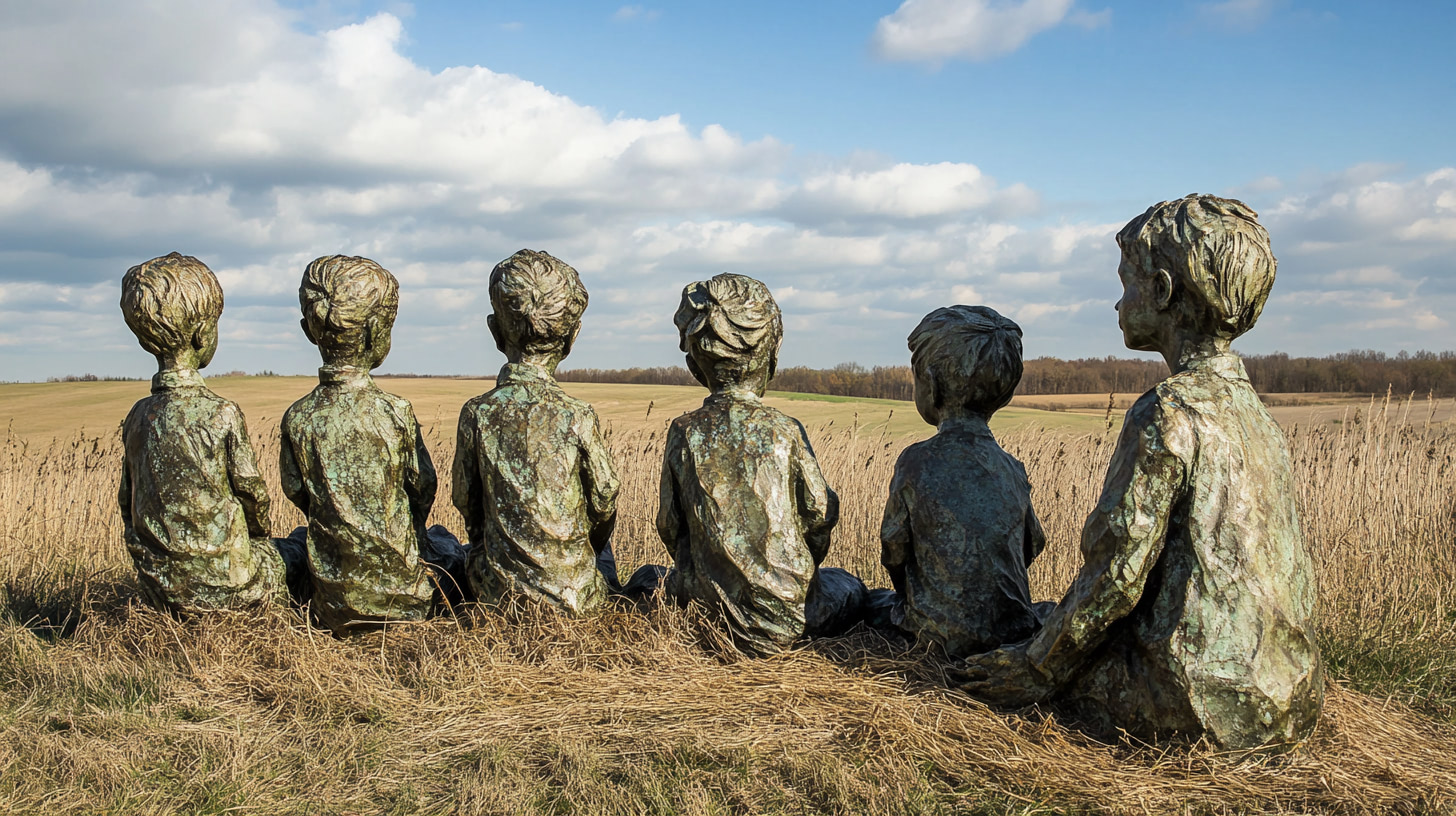
“Do you have an experience supporting children affected by the humanitarian crisis in Ukraine that you would like to share with colleagues? Tell us what happened and how it turned out.

“Do you have an experience supporting children affected by the humanitarian crisis in Ukraine that you would like to share with colleagues? Tell us what happened and how it turned out.
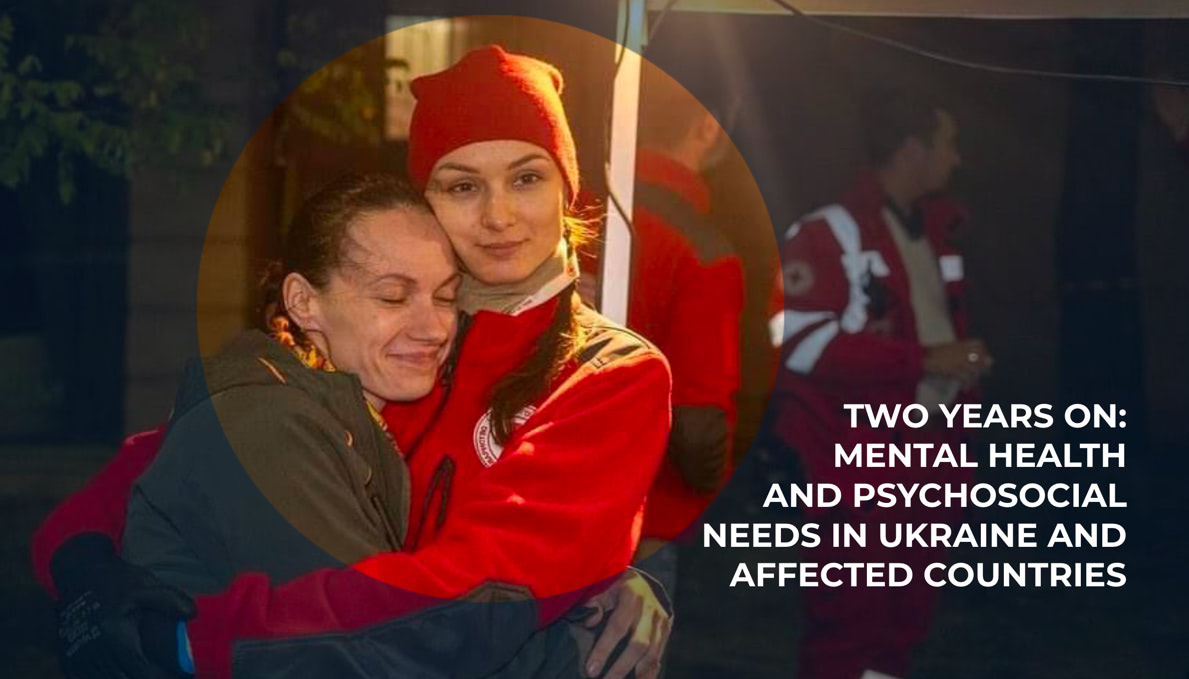
The report “Two years on: mental health and psychosocial needs in Ukraine and affected countries” is from the Psychosocial Support Centre, a specialized hub of the International Federation of Red Cross and Red Crescent Societies (IFRC) with the mission to “enhance psychosocial support initiatives”. Key points from the report include: Nearly “one in ten of those affected by war grapple with moderate to severe mental health issues.” This refers
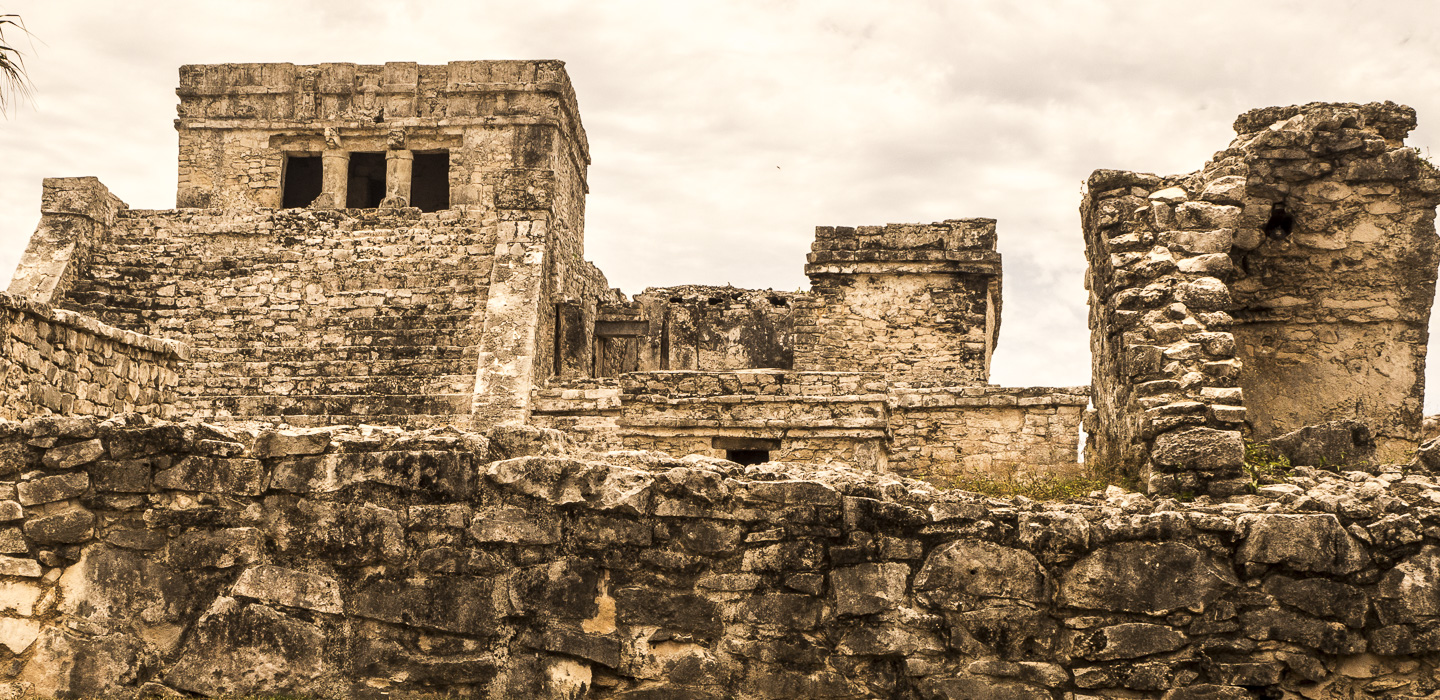
Preface to the IFRC Global Health Team’s Training Guidelines (2013) by Reda Sadki “At the heart of a strong National Society” explains Strategy 2020, “is its nationwide network of locally organized branches or units with members and volunteers who have agreed to abide by the Fundamental Principles and the statutes of their National Society.” To achieve this aim, National Societies share a deeply-rooted culture of face-to-face

This article was first published by the ASTD’s Learning Executive Briefing. By Ruth Palombo Weiss Reda Sadki is the Senior Officer for Learning Systems at the International Federation of Red Cross and Red Crescent Societies (IFRC) Q: Why do you think the Red Cross Movement has a deeply rooted culture of face-to-face training for its 13.6 million volunteers? A: There
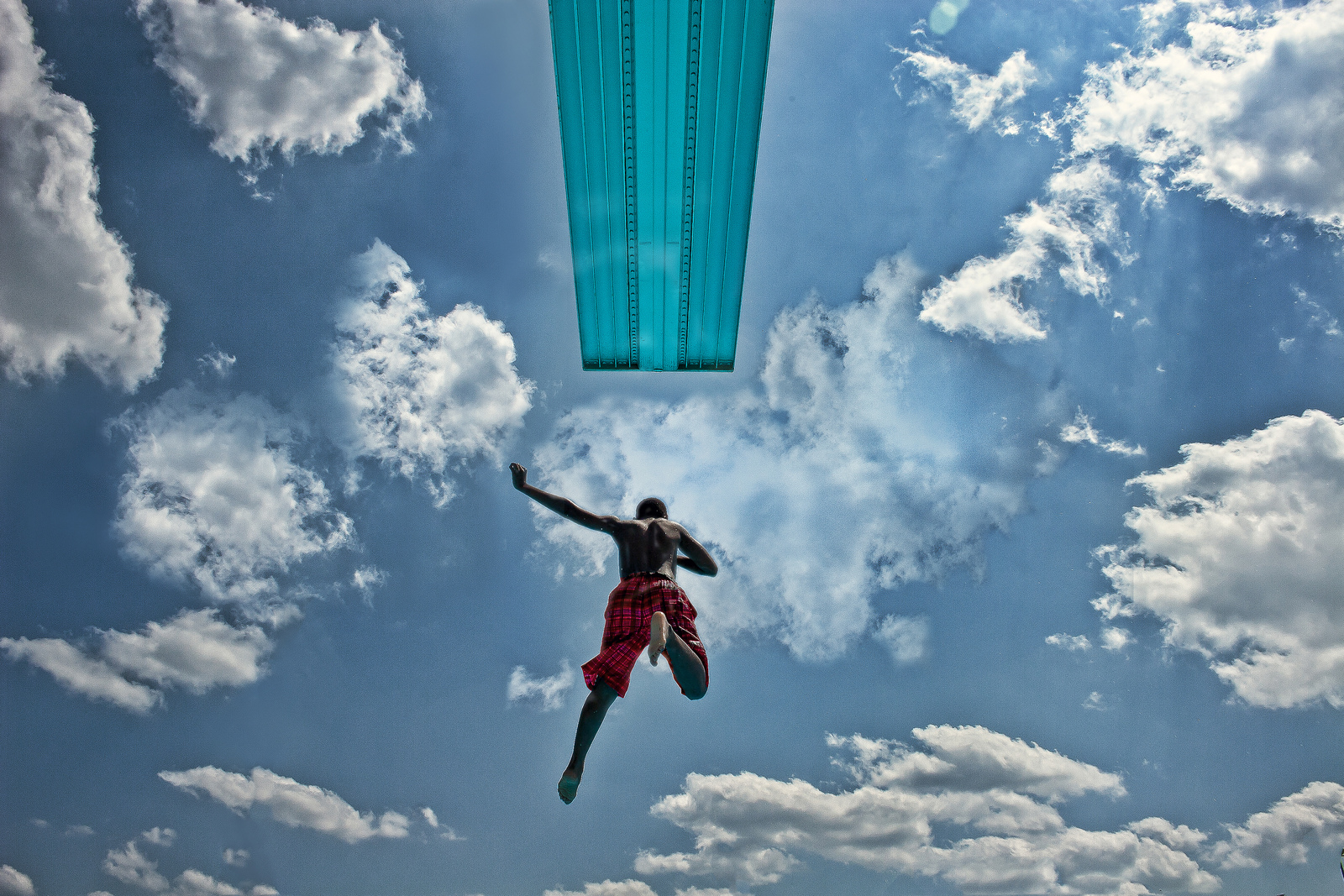
You have no doubt heard about the Red Cross or Red Crescent. Some of you may be first aiders or otherwise already involved as volunteers in your community. My organization, the IFRC, federates the American Red Cross and the 186 other National Societies worldwide.
Part 1: Like clockwork | Part 2: Going Live 10:45 – The distribution of relief items starts At the far end of the camp, four volunteers led by Arturo, a logistics specialist from the French Red Cross, get basic relief items ready for distribution. The items are NFIs, as we call them, or non-food items. 11:00 – A clean bill of health for the camp’s youngest baby Omar is just 20 days old.
Part 1: Like clockwork | Part 2: Going Live 06:00 – Base camp wakes up Base camp wakes up. A cool breeze has risen along with the bright sun, whipping up sand and dust. The first crews of volunteers move out to the transit camp at Ras Jedir. Some of the volunteers, like 32-year-old Moaz, have spent the last four weeks installing tents that are now ready to provide shelter. “We learnt on the job,” he explains.
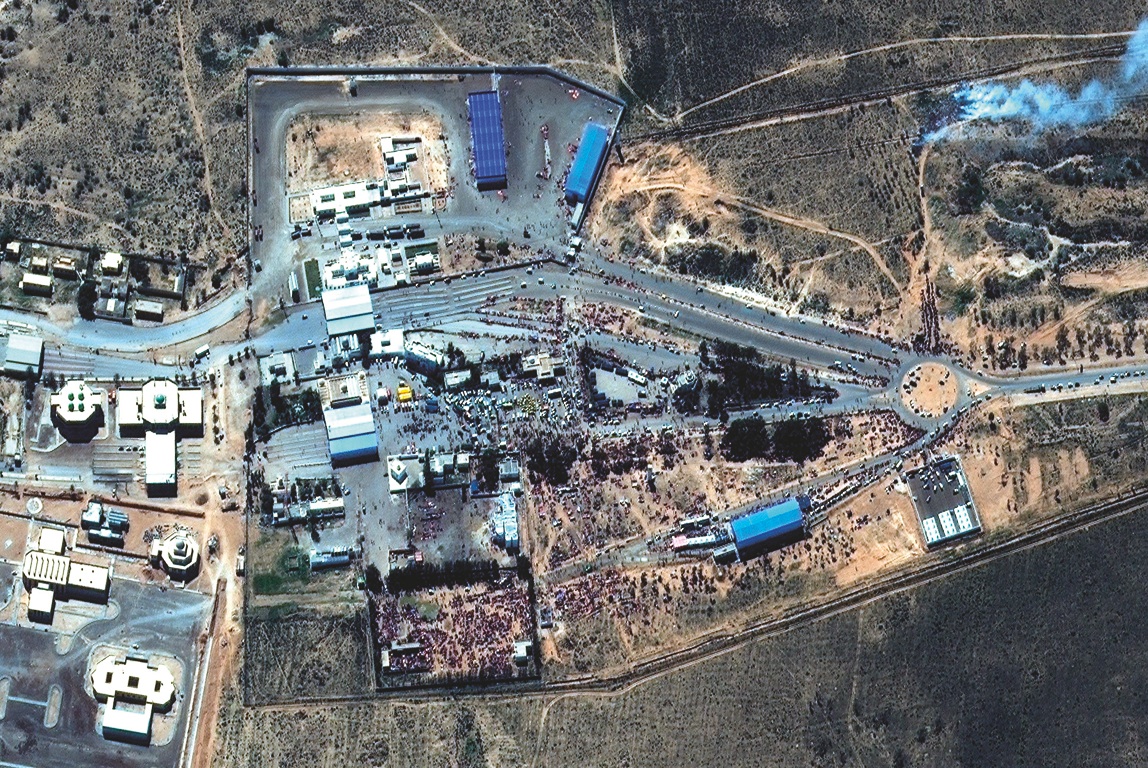
ZERZES, 4 April 2011 — “We stopped everything we were doing”, exclaims Mahfoud Bessah, the 39-year-old community-based programme coordinator at IFRC’s regional delegation in Tunis. On 21 February, he headed over to the eastern border immediately upon hearing the first reports of people crossing over. The Tunisian Red Crescent and UNHCR were already discussing how to respond.